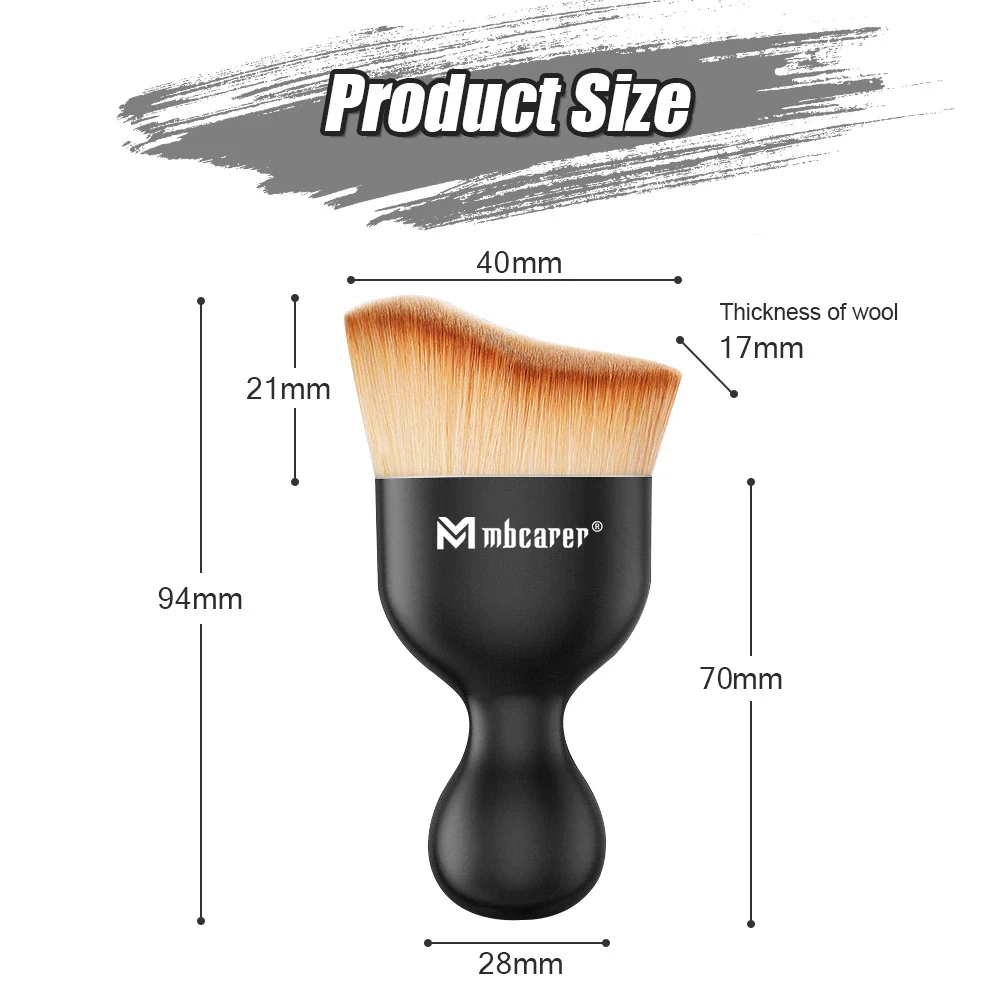High-Quality Car Detailing Brush for Pristine Finish | OurLum
High-Quality Car Detailing Brushes for a Professional Clean
Best Car Detailing Brushes for Interior and Exterior
Premium Detailing Brushes for Every Car Surface
Soft-Bristle Brushes for Scratch-Free Cleaning
Long-Lasting Detailing Brushes for All Car Types
Detailing Brushes for Deep Clean Results
Transform your car with OurLum’s premium car detailing brushes, engineered to deliver a spotless, scratch-free finish on every surface. Made with high-quality materials and precision-crafted soft bristles, these brushes are ideal for both the interior and exterior of your vehicle, ensuring every inch shines with a professional touch.
Our best car detailing brushes are perfect for cleaning intricate areas like air vents, dashboard crevices, rims, and other hard-to-reach spots. Their ergonomic design provides comfort, allowing you to clean with precision and ease, making them a must-have in your car care kit.
Key Features and Benefits
- Soft, Scratch-Free Bristles: Gentle on surfaces, providing a safe clean on paint, plastic, and leather.
- Ergonomic Grip: Designed for comfortable use, reducing hand fatigue during detailed cleaning.
- Versatile Use: Ideal for both interior and exterior detailing on any vehicle.
- Long-Lasting Durability: Built to withstand repeated use while maintaining effectiveness.
OurLum’s detailing brushes are available in various options to suit all your needs, including soft-bristle detailing brushes for sensitive surfaces, deep-clean detailing brushes, and wheel detailing brushes for precise rim care. Every brush is crafted to provide optimal cleaning power while protecting your car’s surfaces.
Explore our professional car detailing brush, interior detailing brush, exterior detailing brush, multi-surface detailing brush, and long-lasting detailing brush to elevate your car cleaning experience at OurLum.































































































